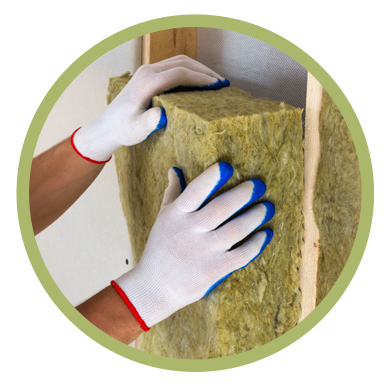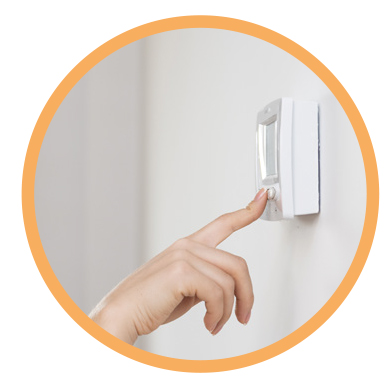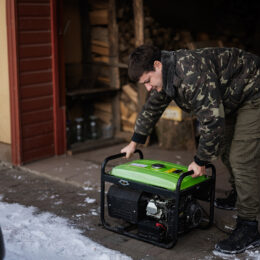With the winter weather temperature drops, you may have noticed your house feeling colder than you remembered last year. Or, you may have been reminded that your HVAC (short for heating, ventilation, and air conditioning) system isn’t working the way you liked, and that you’ve been meaning to look into ways to improve the situation.
Look no further! If you want to improve your comfort during the cold (and, for that matter, warmer months), here are the three steps you should take:

Seal air leaks to prevent drafts. If your home feels chilly, it could be from cold air making its way into your house. You should search for and seal any air leaks. Search your home, high and low. I’m being literal here! The most important leaks to seal are up high in your attic and down low in your basement or crawlspace. Framing and places where plumbing or electrical wiring or ducts poke through the ceiling also need to be checked. Sealing air leaks keeps your warm, cozy air inside, which also prevents cold outside air from coming into your basement or crawlspace.

Properly insulate your house to maximize comfort. Many houses can benefit from additional insulation. This step should be taken after sealing air leaks. Air moving through the insulation decreases its benefits. If part of your HVAC’s ductwork is located in the attic space, it is especially important to seal that ductwork and bury it in insulation. By adding insulation properly, your HVAC system will have to work less to maintain the temperature in your house, saving you electricity and money.

Make sure you have the proper systems to heat and cool your home. After you have sealed air leaks and properly insulated your home, you can check into new equipment. Now that some of your house’s issues are resolved, you may need smaller equipment to properly heat and cool your home to keep you comfortable. A smaller, right-sized, and more energy-efficient system will reduce your electricity use, which will help save you money well into the future.
The best way to diagnose potential issues in your home is to schedule an energy audit. You can contact your local electric cooperative’s energy advisor for details. Your co-op may even be able to provide the audit, which includes recommendations on steps you can take to improve your home’s energy efficiency. If your home’s HVAC system is older than 8 years old, you may want to start researching replacement systems. You can get an idea of what options – and rebates – are out there to keep you comfortable all year long!
by Jeremy Montgomery, Parke County REMC



